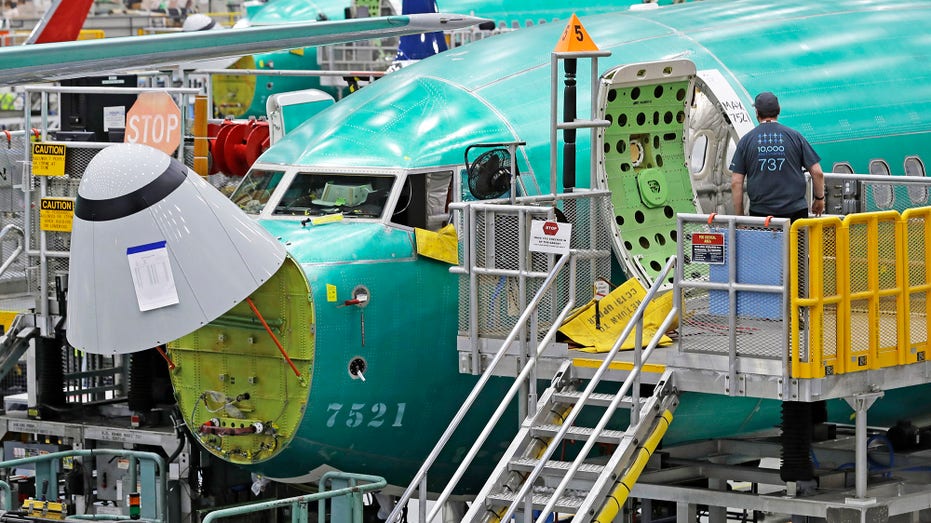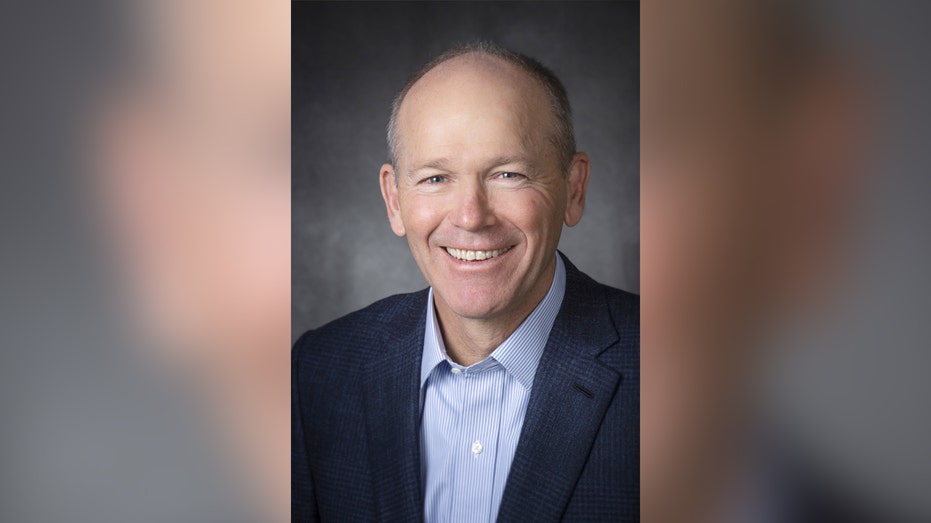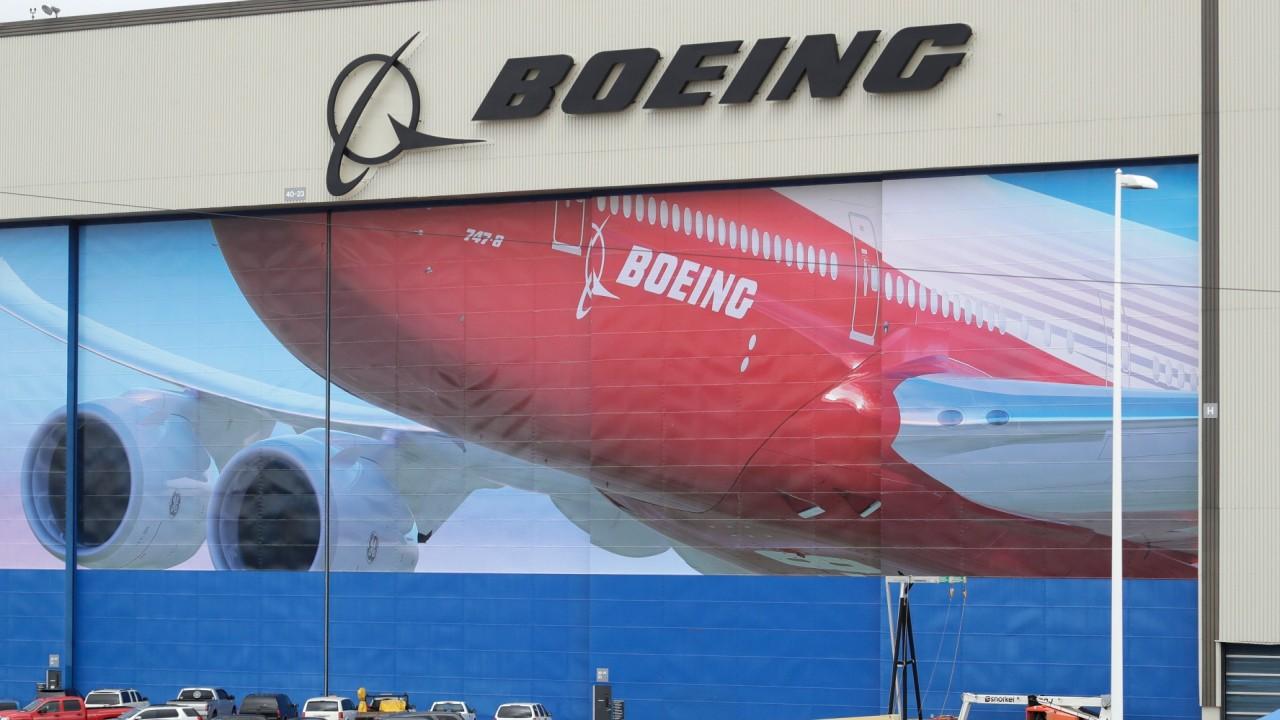Boeing CEO: No government equity stake in coronavirus aid
Coronavirus, 737 Max crisis have dealt blows to plane-maker's business
Boeing CEO David Calhoun said Tuesday the company does not want the federal government to take an equity stake in the aerospace giant, but would prefer to see support for the equity markets.
"I don't have a need for an equity stake," Calhoun told FOX Business' Maria Bartiromo. "I want them to support the credit markets, provide liquidity. Allow us to borrow against our future, which we all believe in very strongly and I think our creditors will too. It's really that simple."
Calhoun suggested the company may reject aid if it required the government take an equity stake in the company.
"If you attach too many things to it, of course you take a different course," he said.
| Ticker | Security | Last | Change | Change % |
|---|---|---|---|---|
| BA | THE BOEING CO. | 243.03 | +6.08 | +2.57% |
The company, like many in the current business environment, is attempting to save cash and has taken measures to limit the economic hardship stemming from the virus.
BOEING TO SUSPEND PRODUCTION AT WASHINGTON FACILITIES AMID CORONAVIRUS EMERGENCY
On Friday, the company announced it will suspend its dividend "until further notice," that Calhoun and board Chairman Larry Kellner will forgo all pay through the end of the year and that it will extend the pause in its stock buyback program, which it suspended in April 2019.

In this March 27, 2019, file photo, a worker enters a Boeing 737 MAX 8 airplane during a brief media tour of Boeing's 737 assembly facility in Renton, Wash. (AP Photo/Ted S. Warren, File)
Meanwhile, airlines worldwide have seen passenger traffic and cargo volume plummet as a result of the spreading virus and travel restrictions, leaving them cash strapped. U.S. carriers have sought loans from the federal government in order to stay afloat, with many having cut most international service and scaled back domestic flights by as much as 40 percent.
BOEING SUSPENDS DIVIDEND AS CORONAVIRUS MEASURE, CEO TO FORGO PAY FOR 2020
As a result, major U.S. carriers are drafting plans for a potential voluntary or government-ordered shutdown of most flights, The Wall Street Journal reported. As a result, many carriers are parking jets and some are deferring aircraft deliveries from this year, dealing another blow to Boeing's business.
"Boeing's going to need some help," President Trump said Monday a White House press briefing. "Obviously the airlines are going to have a problem, but the airlines aren't going to be buying from Boeing or from anybody else right now because of this difficulty."
MCDONALD'S, BOEING HEED TRUMP'S WARNING AGAINST BUYBACKS
Calhoun also said federal aid for Boeing – the nation's largest exporter – is "anything but corporate welfare," calling it the role of government. The Chicago-based plane-maker said last week it supports $60 billion in government aid for aerospace manufacturers.

David Calhoun, Boeing CEO
"We appreciate the support of the President and the Administration for the 2.5 million jobs and 17,000 suppliers that Boeing relies on to remain the number one US exporter, and we look forward to working with the Administration and Congress as they consider legislation and the appropriate policies," the company said in a statement.
Boeing suffered another setback on Monday related to the coronavirus, announcing that it will temporarily suspend operations at facilities in the Puget Sound area – a move that impacts 70,000 workers – as the virus continues to spread throughout the nation.
GET FOX BUSINESS ON THE GO BY CLICKING HERE
About 30 employees have tested positive for COVID-19, the disease caused by the novel coronavirus. One man who worked at the company's Everett facility died after contracting the disease.
CLICK HERE TO READ MORE ON FOX BUSINESS
But Boeing's troubles extend further than the current coronavirus pandemic. The company already faced problems stemming from two fatal crashes involving its Boeing 737 Max jet, contributing, along with the coronavirus pandemic, to its stock losing more than 70 percent of its value this year.
Dennis Muilenburg ultimately lost his job as the company's chief executive in December as a result of the Max crisis.




















